Members of the National Assembly approved, on April 21, a draft bill governing the state budget for the 2020/2021 fiscal year amounting to BIF 1,576 billion, an increase of 3.9% compared to the last year budget. OLUCOME says lawmakers would have considered the prevailing situation before adopting it.
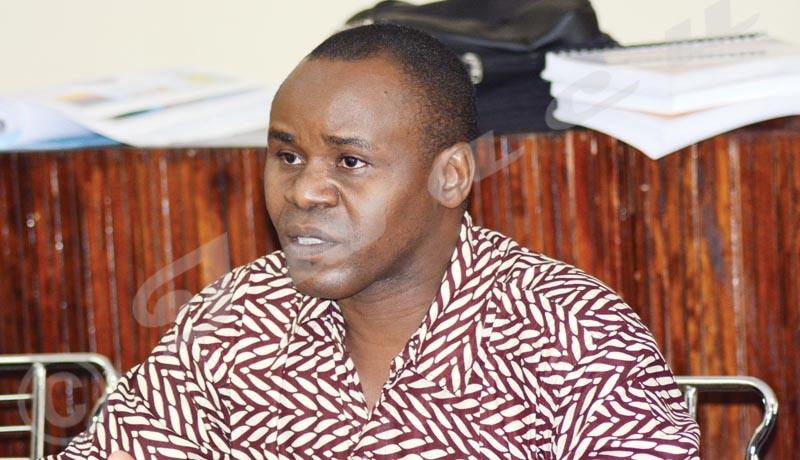
Gabriel Rufyiri: “The government ignores the worldwide challenge”
Gabriel Rufyiri, Chairman of the National Observatory for Fighting Corruption and Economic Embezzlement-OLUCOME says it would be better if the lawmakers approved an austerity budget by prioritizing urgent and important expenses. “We are experiencing a crucial period. The government wouldn’t have approved such budget amid the COVID-19 outbreak,” he says adding that it won’t be easy for Burundi Revenue Authority to collect enough taxes as Burundians are in dire straits these days.
Rufyiri says the lawmakers ignore the prevailing situation. “The government would have focused on production sectors instead of allocating a large budget to other sectors,” he says. OLOCUME Chairman says half of the budget will come from the revenue collection, over BIF 200 billion will fill the budget gap and over BIF 400 billion from the international partnership. “The government ignores the worldwide challenge. Every country is struggling with the COVID-19 outbreak, how on earth, a given country would contribute to the Burundian economic growth during a critical period!”
He also deplores the lack of reports on the use of the state budget five years ago. “The government would have provided details on the management of the state budget so that we notice where the budget was misused,” he says. Gabriel Rufyiri exhorts leaders to be elected in the upcoming elections to improve the good governance. “Otherwise, they will be accused of economic embezzlement”, he says.
According to Domitien Ndihokubwayo, Minister of Finances, there are some innovations in the state budget. The main priorities include the ongoing provisions for the elections, support for the development projects of local cooperatives, purchase of vehicles for the administrators, increase in fertilizer subsidies and clearance of arrears of communal projects. There is also the establishment of the Agricultural and Women Banks, support of the state retirees by improving their health care…

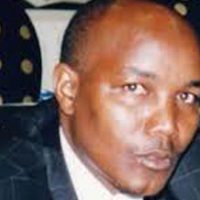
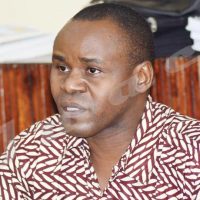

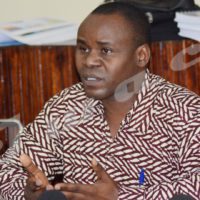
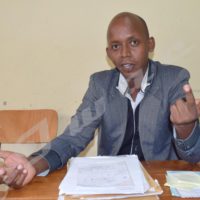













 IWACU Open Data
IWACU Open Data

